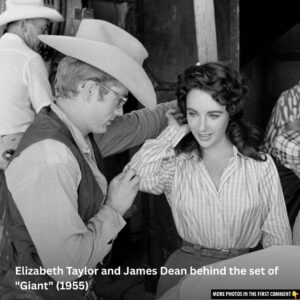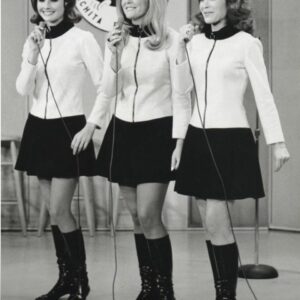In 1987, La Bamba hit theaters, telling the incredible story of Ritchie Valens, a 17-year-old musical prodigy whose life was tragically cut short. Directed by Luis Valdez, the film was more than just a biopic—it was a celebration of Chicano culture and an exploration of the systemic challenges faced by Mexican-Americans. Decades later, La Bamba remains a cultural landmark, inspiring audiences with its heartfelt storytelling and unforgettable music.
California in the 1980s: A Time of Change
When La Bamba premiered, California was a state of contrasts. Reaganomics had deepened the divide between the wealthy and the working class, and Mexican-Americans continued to face disenfranchisement and underrepresentation. Despite these struggles, a new wave of Chicano artists and activists began asserting their cultural identity. From Cesar Chavez’s labor movement to the rise of Chicano cinema, the 1980s marked a cultural renaissance for Mexican-Americans.
Luis Valdez, a pioneering playwright and filmmaker, was at the forefront of this movement. Born to migrant laborers, Valdez had already made a name for himself with El Teatro Campesino, a theater group advocating for social justice. With La Bamba, he brought his vision to the big screen, creating a film that celebrated Mexican-American culture while highlighting the obstacles they faced.
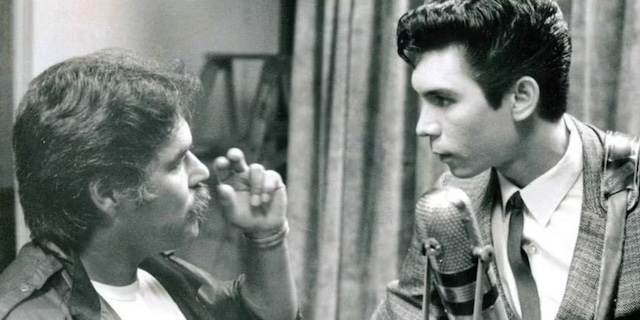
Video:
Ritchie Valens: A Story of Dreams and Tragedy
The story of Ritchie Valens is nothing short of miraculous. Born Richard Steven Valenzuela, he grew up in a family of migrant workers and discovered his love for music at an early age. By 17, he had transformed the traditional Mexican folk song “La Bamba” into a rock ‘n’ roll hit, blending cultures and breaking barriers.
Valens’ career, however, lasted only eight months. On February 3, 1959, he tragically died in a plane crash alongside Buddy Holly and J.P. “The Big Bopper” Richardson, a day forever remembered as “The Day the Music Died.” Despite his brief career, Valens left an indelible mark on the music world, pioneering the Chicano rock movement and inspiring generations of Latino artists.
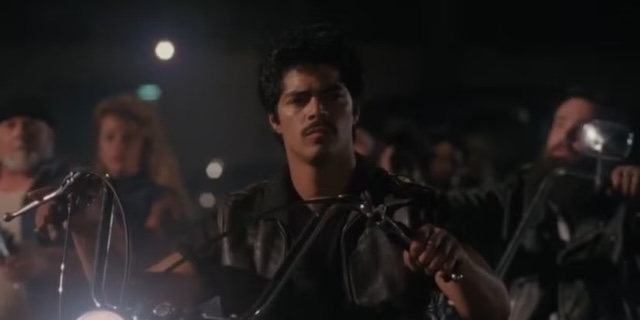
The Making of La Bamba
La Bamba brought Ritchie Valens’ story to life with authenticity and artistic vision. Luis Valdez’s direction captured the vibrancy of Valens’ music and the complexities of his personal life. The film’s success was bolstered by an outstanding cast, including Lou Diamond Phillips as Ritchie Valens and Esai Morales as his troubled half-brother, Bob Morales.
Casting Controversy: Lou Diamond Phillips as Ritchie Valens
One of the film’s most debated choices was casting Lou Diamond Phillips, a Filipino-American, as Ritchie Valens. While some criticized the decision, Phillips’ performance silenced most detractors. He studied guitar, mimicked Valens’ stage movements, and delivered a portrayal that captured both the joy and the pressure of being a young musical icon. Although Phillips didn’t sing in the film—that honor went to Los Lobos’ guitarist David Hidalgo—he brought undeniable charisma to the role.
Reflecting on the film’s 35th anniversary, Phillips remarked, “The amount of inclusion and diversity we are seeing today began with movies like La Bamba. It was a risk, but it paid off and became a classic.”
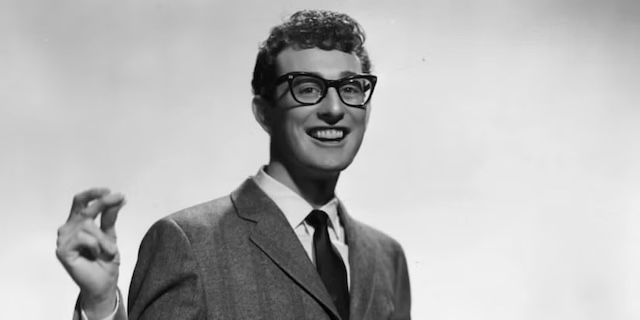
Esai Morales: The Unsung Hero of La Bamba
While Lou Diamond Phillips garnered much of the spotlight, Esai Morales delivered a performance as Bob Morales that many consider the heart of the film. Bob, Ritchie’s half-brother, was a complex character grappling with jealousy, failure, and the weight of familial expectations. Morales brought depth and vulnerability to the role, turning Bob into a symbol of the struggles faced by Mexican-Americans trying to find their place in a society stacked against them.
Despite his powerful performance, Morales’ work went largely unrecognized by awards bodies at the time. However, his career has endured, with standout roles in shows like Ozark and Mission: Impossible – Dead Reckoning Part One.
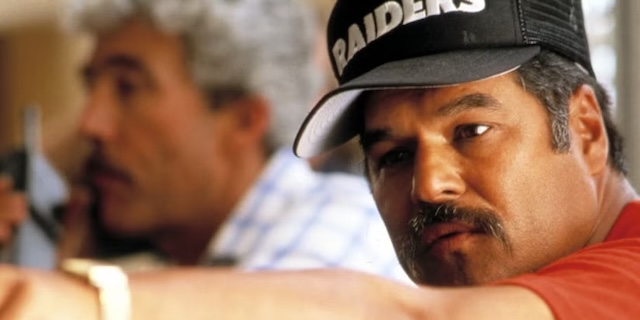
The Day the Music Died: A Pivotal Historical Moment
One of the most heartbreaking aspects of La Bamba is its depiction of Ritchie Valens’ untimely death. The infamous coin toss that determined who would board the doomed plane wasn’t a fabrication—it really happened. Valens won the toss but lost his life, leaving behind a legacy that was only beginning to unfold.
This tragic event, dubbed “The Day the Music Died,” became a turning point in rock history and underscored the fleeting nature of fame. For Valens, his death marked the end of a career that had lasted less than a year but had already reshaped the music world.
Chicano Culture: The Heart of La Bamba
Beyond Ritchie Valens’ story, La Bamba was a celebration of Chicano culture. The film highlighted the contributions of Mexican-Americans to music, art, and society while addressing the systemic barriers they faced. Valdez’s own experiences as the child of migrant laborers infused the film with authenticity and heart.
The 1980s saw a growing recognition of Chicano culture, from Fernando Valenzuela’s dominance at Dodger Stadium to Cesar Chavez’s activism. La Bamba became part of this movement, showcasing the resilience and creativity of the Mexican-American community.
The Music That Made History
At the core of La Bamba is Ritchie Valens’ music, which continues to resonate decades after his death. Songs like “La Bamba” and “Donna” showcased his ability to blend rock ‘n’ roll with traditional Mexican sounds, creating a unique genre that paved the way for future Latino artists.
Los Lobos, the band that recorded the music for the film, honored Valens’ legacy with their renditions of his hits. Their version of “La Bamba” became a chart-topping success, proving that Valens’ music was as timeless as the story it inspired.
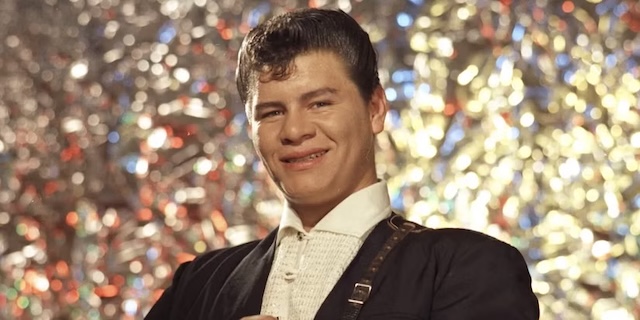
Video:
A Legacy That Endures
La Bamba wasn’t just a box-office success; it was a cultural milestone. With a modest $6 million budget, the film captured the hearts of audiences worldwide and became a symbol of Chicano pride. Its impact extended far beyond Hollywood, inspiring a new generation of Latino artists and storytellers.
Decades later, La Bamba remains a beloved classic. It’s more than just a movie about music—it’s a testament to the power of dreams, the strength of family, and the enduring legacy of Ritchie Valens. As we look back on this remarkable film, its message of resilience and hope remains as relevant today as it was in 1987.

